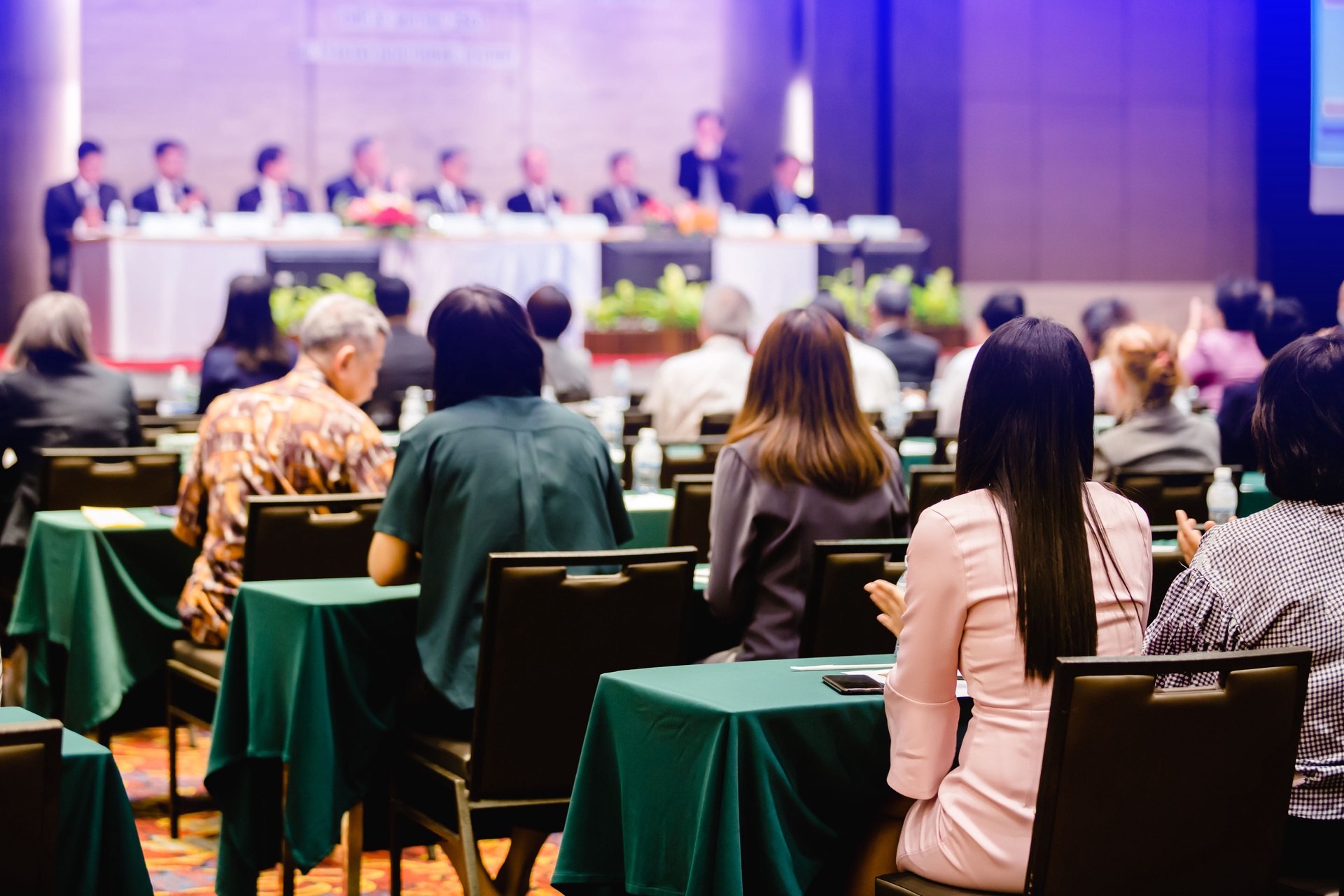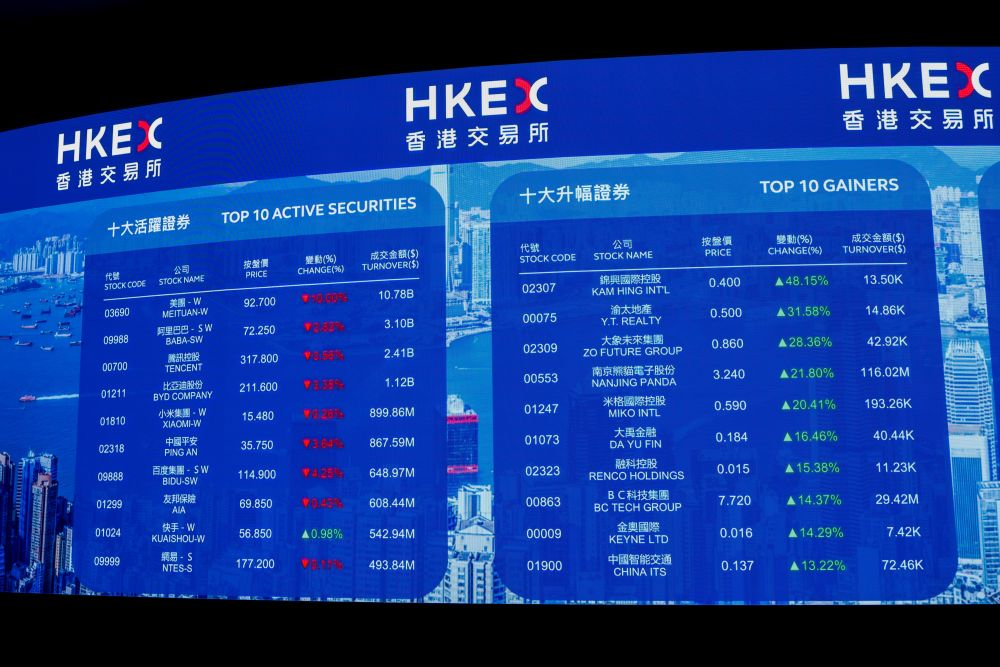Countries in Asia are currently at different stages of carbon-pricing willingness and development, a trend that holds a lot of promise but may indicate a rather slow pace of progress in the region in the fight against climate change.
While China, Japan, and South Korea have pledged to achieve net-zero emissions by mid-century, other countries have yet to do so. Nonetheless, Indonesia, the Philippines, Thailand, and Vietnam are undertaking individual efforts to develop their own carbon trading systems to contribute to the same goal.
According to a study by S&P Global Platts Analytics, South Korea’s Emissions Trading System (ETS) is more mature when compared to others in the region. Launched in 2015, the Korean system provides long-term visibility of emission caps as they align with sectoral carbon budgets and national targets; a free allocation system increasingly based on benchmarks which reward best performers; an auctioning scheme with revenues allocated for greenhouse gas mitigation projects; and a compliance system broadly in line with international best practices.
Now in the third phase of implementation (2021-2025), the South Korean ETS will be further reinforced. Market liquidity could significantly improve with the participation of financial organizations; further expansions will be made to benchmark-based allocation; the auctioning share (and hence revenue) will increase; and predictable and systematic market stability measures could be introduced.
Biggest in the region
China’s ETS, officially launched on July 16 2021, promises to be the biggest in the region as it covers an estimated four billion tonnes of carbon dioxide emissions per annum. The Ministry of Ecology and Environment is overseeing the carbon trading market while the Shanghai Environment and Energy Exchange is running the trading itself.
On the first day of trading, a company purchased allowances worth US$1.2 million for 160,000 metric tonnes of emissions and overall trading for the day was 4.1 million tonnes of CO2 quotas worth 210 million yuan (US$32 million).
There are two type of prices – the lowest and highest for the day. Currently the average price on the exchange is 58.70 yuan per metric tonne of CO2.
At present not many companies are participating in the programme, which only covers the power sector but will include seven other sectors by 2025, according to S&P Global Platts.
Japan has two sub-national ETS markets, one in Tokyo and another in Saitama, which are linked. They cover large buildings, factories, heat suppliers, and other facilities.
Japan’s net-zero pledge has given the country’s carbon-pricing debate a new impetus, with the prime minister instructing relevant ministries to develop a carbon-pricing proposal.
Pilot testing
Thailand has pilot tested a scheme for industrial sectors to develop the infrastructure for a possible future system.
Indonesia and Vietnam are also actively developing their own carbon markets. While building infrastructure around data collection and monitoring, Indonesia has conducted several studies on market-based instruments and is currently finalizing regulation for a carbon-pricing framework.
Vietnam has established the legal mandate to design a domestic ETS and crediting mechanism, with a pilot scheduled for 2025 and a fully operational system by 2027. The Philippines is considering a legislative mandate for emissions trading.
Although carbon pricing mechanisms are in various stages of development in Asia, there is unanimity among countries involved in acknowledging that carbon markets will play an important role in their green-growth strategies.









